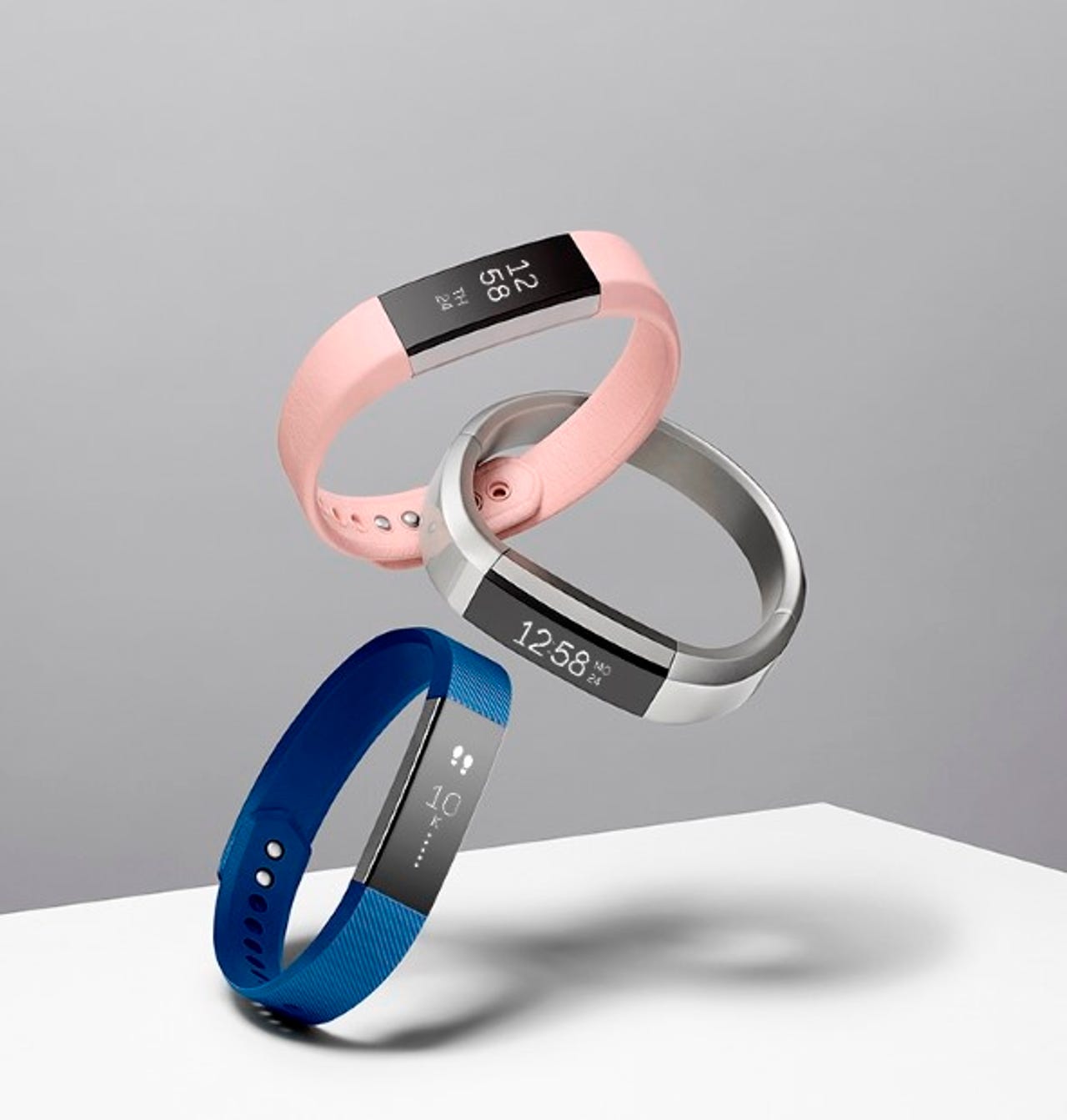Fitbit's grand digital healthcare transformation plan: Big ambition, risk


Fitbit is making a hard turn to become embedded in the healthcare industry, be a digital platform and play an increasing role in corporate and personal wellness. What has analysts and Wall Street so rattled is that Fitbit today is a hardware maker making a big pivot.
Sure, Fitbit's outlook for the first quarter, following strong fourth quarter results, has jarred investors. Fitbit shares were hammered Wednesday with declines of 18 percent in early trading. Analysts couldn't jump ship on Fitbit fast enough and the inevitable shareholder lawsuit releases popped up. Stifel analyst Jim Duffy bemoaned "a sudden change in operating model strategy," amid higher expenses for R&D, marketing and an SAP implementation, a build-out of a digital health business that won't generate revenue until 2017 at best and "limited visibility to new product uptake."
Fitbit's Q1 outlook weak, but touts SAP migration, growth plans for 2016 | Fitbit's enterprise plan: Delivering real returns on employee wellness | Sleek, slim, and stylish Fitbit Alta activity tracker released for $129.95 | Fitbit goes for style with new $199 Blaze smartwatch and accessories | Fitbit becomes HIPAA compliant as it eyes more business customers | CNET Fitbit reviews
Special Feature
Other analysts such as Oppenheimer's Andrew Uerkwitz was more constructive, but acknowledged Fitbit has to prove it can become enmeshed in the healthcare system.
What we have here is a split between long-term strategy and short-term objectives (like hitting your quarters). Here's a look at Fitbit's plan as outlined by CEO James Park:
While Fitbit is known as a consumer brand, the real potential of our brand and technology is to become a digital health platform that improves people's health and integrates into the healthcare ecosystem. Digital health refers to the emergence of powerful technologies that, combined, can help people lead healthier lives, reduce healthcare costs and broaden the reach of our healthcare system.
These technologies include what Fitbit is already pioneering: more powerful sensors that continually monitor useful biometrics; mass success of health data in the cloud, where analytics enable insights; and guidance and coaching to help consumers make important changes to their lifestyles and daily behaviors. We also believe that preventative care will be a much more visible, important part of the entire healthcare system and that one significant outcome of digital health will be to make health data more actionable and meaningful when it comes to maintaining people's health. Fitbit can play a key role. Our platform, consisting of devices, apps, social motivational features, advice and personalized coaching, is aimed at helping people make key behavioral changes to be more active, exercise more, eat smarter, eat better and manage their weight.
These are exactly the kinds of behavioral change that experts in diabetes, hypertension, asthma, obesity and sleep apnea, as well as mental health conditions such as depression and anxiety, believe can change the course of those diseases.
Park's bet is that Fitbit can use its application programming interfaces, which already connect to a fitness ecosystem, enterprises and healthcare providers, to create a platform and ecosystem. The insurance industry is an initial target. Fitbit wants to be an enabler for healthcare outcomes and appears to be willing to invest the research to make it happen.
Today Fitbit is a fitness device maker. Tomorrow, Fitbit wants to provide the device and be the reason you're healthcare premium was discounted. "We do have specific examples right now where companies are seeing reductions in their health insurance premium due to usage of Fitbit. So that's an active area of development right now is to see and prove out the correlation between the usage of our devices and lowered healthcare costs over time," said Park.
Fitbit's CEO continued:
At year-end 2015, R&D headcount increased to 624 compared to 226 at year-end 2014. As a key part of our overall increase in R&D in 2016, we plan to further expand our capability to create breakthrough technologies. While it's still early in Fitbit's integration into the larger healthcare world, we believe the connected health and fitness market has great potential to help people take ownership of their health and deliver better health outcomes.
Park later said that Fitbit's R&D spending will be up about 100 percent in 2016 from the $150 million it spent in 2015. Part of that money will go to "more advanced sensors and algorithms over time."
In many respects, Fitbit is taking its corporate wellness strategy and broadening it to the healthcare system overall. Corporate wellness accounts for less than 10 percent of Fitbit's revenue today.
Yet here's the catch: Fitbit has to learn a new sales cycle and approach compared to today. Fitbit generally makes devices and ships them to the channel. That model is one reason an implementation of SAP would make sense today but maybe not tomorrow when Fitbit may be more about software licensing and subscriptions.
Simply put, being a digital platform provider requires a new model. Engaging enterprises is different too. And cracking the healthcare buying cycle is another animal entirely. Fitbit has had some practice in new sales approaches--the company landed 1,000 enterprise customers in 2015--but its ambitions are larger.
When Fitbit's hard turn is complete, the company may just look more like one focused on business-to-business with a consumer front end. And there's a reason for that: Fitbit said the margins on its corporate wellness deals are better than consumer.
Here's the wild card: Fitbit will need its hardware business to do well to fund its digital platform ambitions. Analysts have been scorched by GoPro, a hardware maker that wanted to be a content platform, but couldn't get the user experience down. Fitbit will need to maintain its position on fitness hardware as it aims to build a B2B future.
Just don't expect Wall Street to stick around to see how that future plays out.